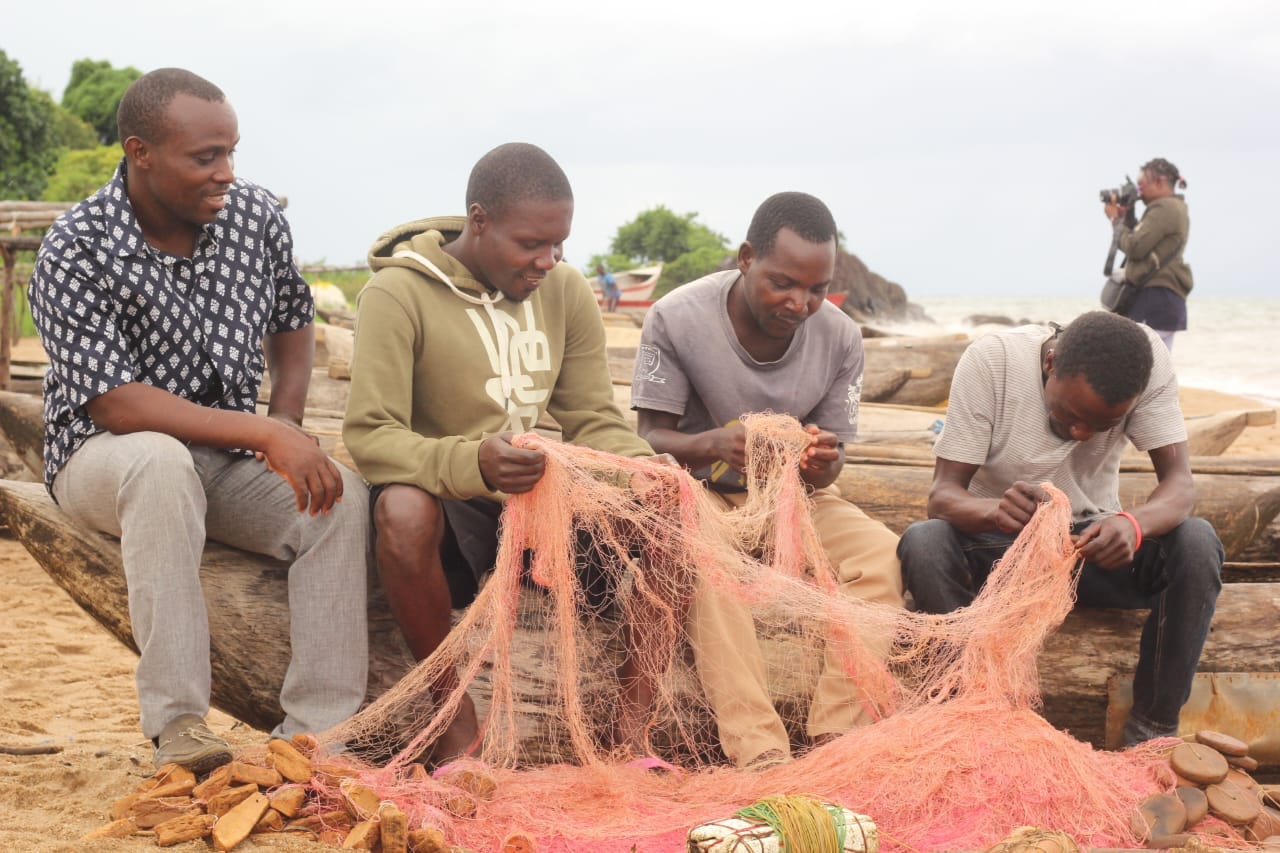Nkhata Bay Fishers Face Health Risks Due to Condom Shortage
The situation underscores the importance of consistent condom availability and comprehensive HIV/AIDS prevention programs, particularly for vulnerable populations like fishers.
NKHATA BAY, Malawi - Fishers in Nkhata Bay's Traditional Authority Fukamalaza are facing a critical shortage of condoms, raising concerns about their health and safety, writes Everister Lungu.
This lack of essential protection coincides with an increase in sexual activity during fishing expeditions.
Nyaumana Phiri, a member of the Kawanga village committee, brought this issue to light during a recent media tour organized by Pact Malawi.
Phiri revealed that the organization supplying condoms to the community stopped in 2022, leaving fishers vulnerable.
"We are appealing to well-wishers for help in refilling our condom supply," Phiri emphasized.
"Since the JHPIEGO project ended, unprotected sex with women involved in the fish trade has spiked, leading to a rise in sexually transmitted diseases (STDs)."
Masida Singini, a businesswoman, echoed Phiri's concerns. The lack of condoms, she said, has resulted in more unprotected sex with women buying fish.
"Fishers used to carry condoms readily, knowing they could get them from the village committee," Singini lamented.
"Now, with the shortage, many engage in unprotected sex to speed up business."
Village headman Pelera Chirwa expressed worry about the rise in unwanted pregnancies and STDs due to the lack of condoms. He urged support to address this critical issue.
However, Topcy Mdolo, Director of Health and Social Services for Nkhata Bay District, assured the public that the hospital has enough condoms to meet the community's needs.
Health expert Maziko Matemba highlighted the significance of addressing HIV/AIDS and STDs among lakeside communities.
He emphasized the need for increased support for HIV prevention efforts, including wider condom distribution in high-risk areas like lakeshores, potentially through community-based organizations.
The situation underscores the importance of consistent condom availability and comprehensive HIV/AIDS prevention programs, particularly for vulnerable populations like fishers.



